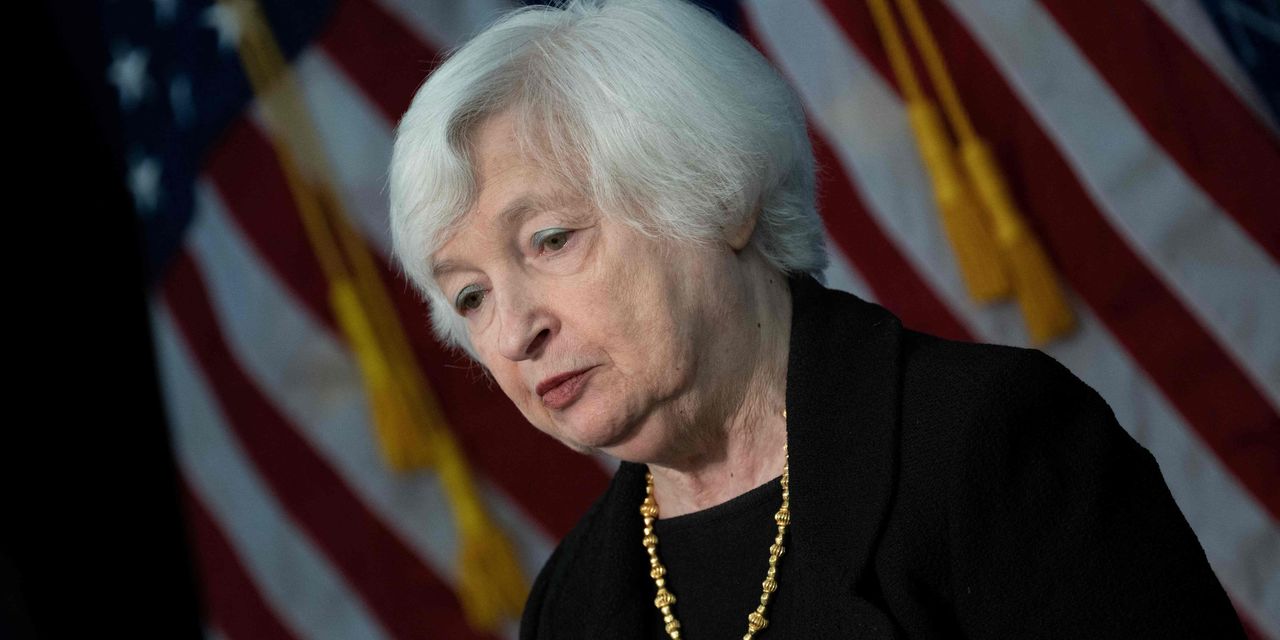““I do think that there will be issues with respect to commercial real estate.””
Treasury Secretary Janet Yellen, in her first interview since the U.S. debt-ceiling was lifted last week by Congress, warned on Wednesday about the potential for banks to feel strain from their exposure to weakening commercial real estate valuations.
Yellen was asked by CNBC “Squawk Box” host Andrew Ross Sorkin about if she’s worried about the state of estimated $20.7 trillion commercial real-estate market, particularly the office, and if weakness in the sector could potentially spark more bank failures.
“Well, I do think that there will be issues with respect to commercial real estate,” Yellen said. “Certainly, the demand for office space since we’ve seen such a big change in attitudes and behavior toward remote work has changed and especially in an environment of higher interest rates.”
Major landlords from Blackstone Inc.
BX,
to Brookfield Corp.
BN,
have been bracing for a significant drop in office property values, as the Federal Reserve’s inflation fight puts an end to an era of abundant and cheap debt.
While the final word on wobbling property prices won’t be known for some time, PGIM Fixed Income, a key investor in commercial property debt, recently said they expect office values to fall 20%-50% from peak levels, while multifamily values could drop as much as 22.5%, in part because financing has become more expensive and scarce.
See: Commercial real estate’s debt machine is broken down
Office property woes and the ‘doom loop’
Researchers at the NYU Stern School of Business and Columbia Business School recently estimated there has been a $506.3 billion decline in office values from 2019 to 2022 nationally in the wake of the pandemic which could feed a “doom loop” in some big cities.
They estimate banks own 61% of U.S. commercial property debt. They also see potential for the value of New York City’s office stock to drop 44% from 2019 to 2029 due to stress in the sector from flexible work arrangements.
“I think banks are broadly preparing for some restructuring and difficulties going ahead,” Yellen said, adding that the overall level of liquidity at banks looks strong and that stress tests of the largest banks show they have adequate capital to withstand fallout from the commercial property market.
She also said banking supervisors will continue to closely monitor “a range of banks to make sure that they are adequately prepared to deal with it.”
Yellen also said that, “while there will be some pain associated with this, that banks should be able to handle the strain.”
Related: Blackstone wrote down its stake in this Chicago office building to $0. Now it’s talking with lenders on the debt coming due.
Read the full article here













